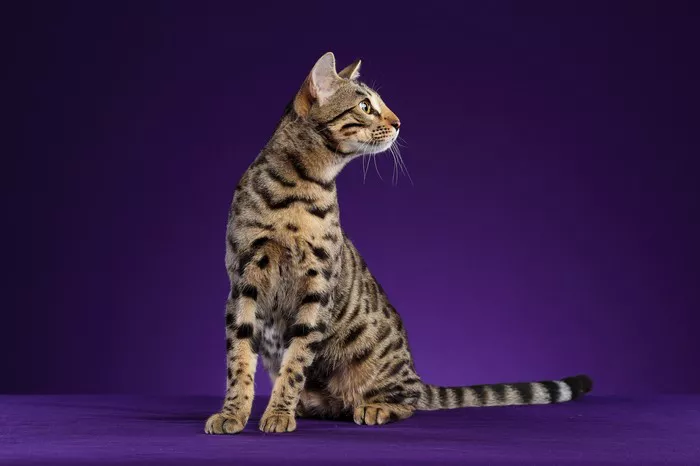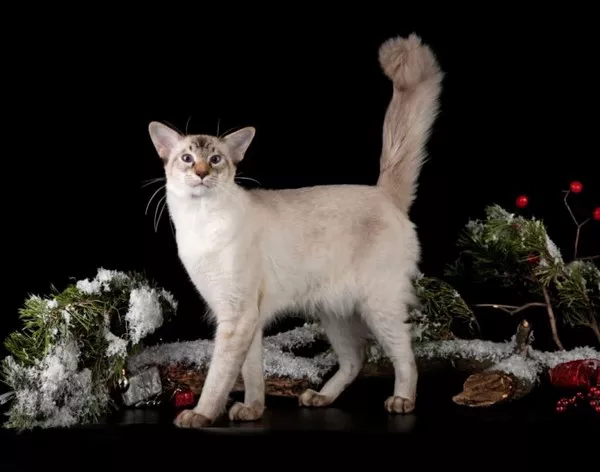Bengal cats are an exotic breed of felines that stand out from the crowd due to their unique appearance, playful nature, and intelligence. They are a hybrid breed derived from crossing an Asian leopard cat with a domestic cat. Bengal cats are known for their wild and untamed look, but they make great pets for those who understand their needs and care requirements.
In this article, we will explore whether Bengal cats need special care and highlight some essential aspects of their health and well-being.
1. Understanding Your Bengal Cat’s Diet
One of the most crucial aspects of caring for your Bengal cat is providing them with the right food. Like all cats, Bengal cats are obligate carnivores, which means they require a diet that is high in protein. In addition, they should have access to fresh water at all times.
When choosing cat food for your Bengal, it is important to read the labels carefully. Look for brands that contain high-quality protein sources such as chicken, turkey, and fish. Avoid foods with fillers like wheat, corn, and soy, as these can cause digestive problems and allergies.
2. Providing Adequate Exercise
Bengal cats are active and energetic animals that require plenty of exercise to stay healthy and happy. It is recommended that you provide your Bengal with opportunities to play and run around each day. This could include interactive toys, climbing structures, and scratching posts.
3. Grooming Your Bengal Cat
Bengal cats have short, dense coats that require minimal grooming. However, they do shed quite a bit, especially during the spring and fall when they experience seasonal shedding. To keep their coat healthy and shiny, brush them once or twice a week with a soft-bristled brush.
In addition to brushing, it is also important to trim your Bengal’s nails regularly. This will prevent them from getting too long and causing discomfort or damage to your furniture.
4. Keeping Your Bengal Cat Healthy
Regular visits to the veterinarian are essential for keeping your Bengal cat healthy. During these visits, your vet will check their weight, teeth, and overall health. They may also recommend vaccinations or other preventative measures to keep your Bengal healthy.
In addition to veterinary care, it is important to ensure that your Bengal receives regular flea and tick treatments. These parasites can cause a range of health problems, including skin irritation, anemia, and even disease.
5. Providing Adequate Mental Stimulation
Bengal cats are highly intelligent animals that require mental stimulation to stay happy and healthy. This could include puzzle toys, interactive games, and training sessions.
Training your Bengal cat to do tricks, such as sitting or fetching, can also be a great way to provide mental stimulation and strengthen your bond with them.
6. Understanding Your Bengal Cat’s Personality
Finally, it is important to remember that each Bengal cat has their own unique personality and temperament. Some are more outgoing and playful, while others may be more reserved. Understanding your Bengal’s personality and needs will help you provide the best care possible.
Do Bengal cats need special food?
As obligate carnivores, Bengal cats require a diet that is high in protein and low in carbohydrates. This means that their primary source of nutrition should come from animal-based proteins, such as chicken, turkey, or fish.
Feeding your Bengal cat a high-quality commercial cat food that meets these nutritional requirements can help ensure that they receive all the essential nutrients they need to thrive. Look for cat foods that are labeled as “complete and balanced” and formulated specifically for adult cats.
Additionally, it’s important to provide your Bengal cat with access to fresh, clean water at all times. Some cats may prefer drinking from a running water source, such as a fountain, so consider providing this option if your cat shows a preference.
In conclusion, Bengal cats do require special care to ensure they remain healthy and happy. Providing them with a high-quality diet, plenty of exercise and mental stimulation, regular grooming, and healthcare are all essential aspects of caring for a Bengal. By understanding their unique needs and personality, you can provide your Bengal with a loving and fulfilling home.


























